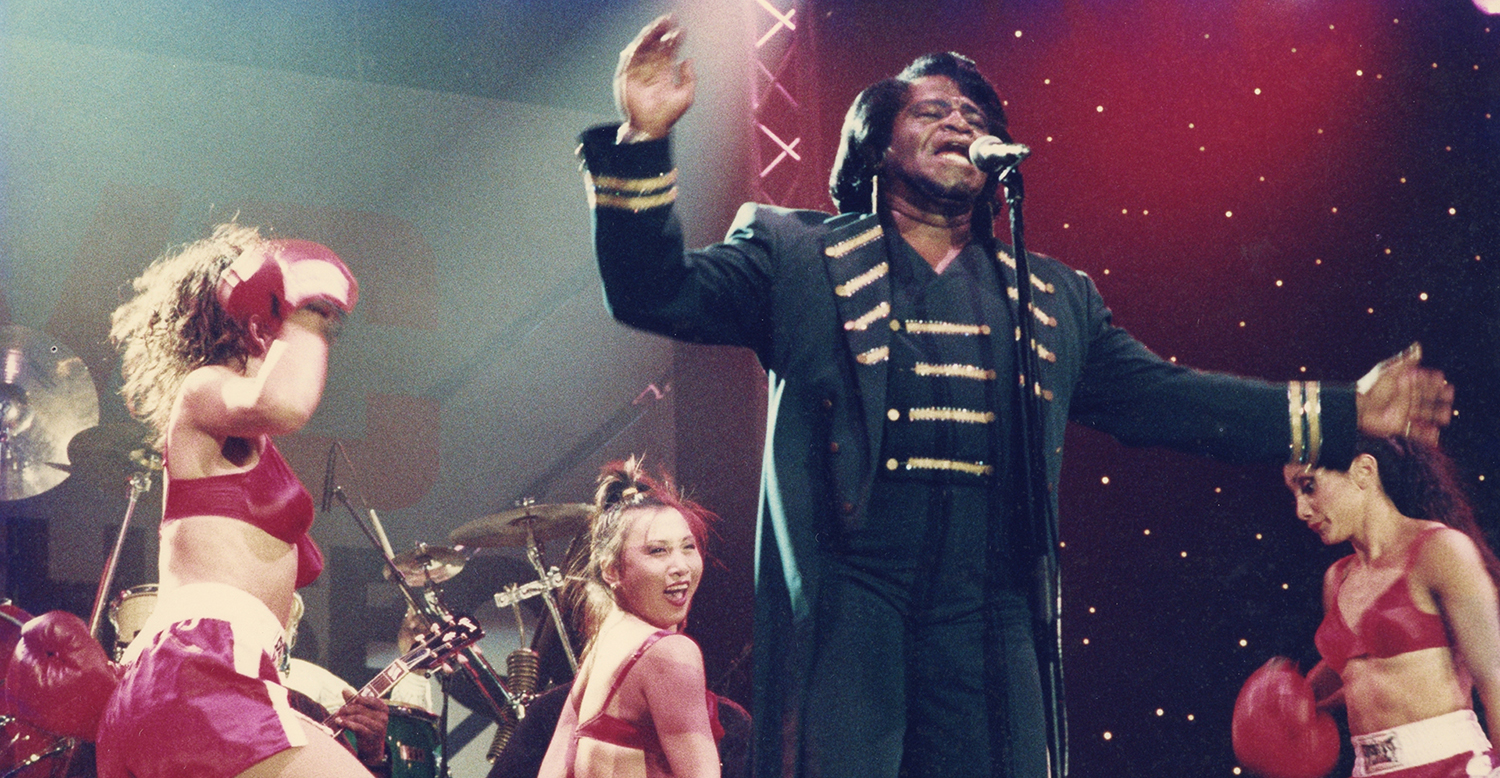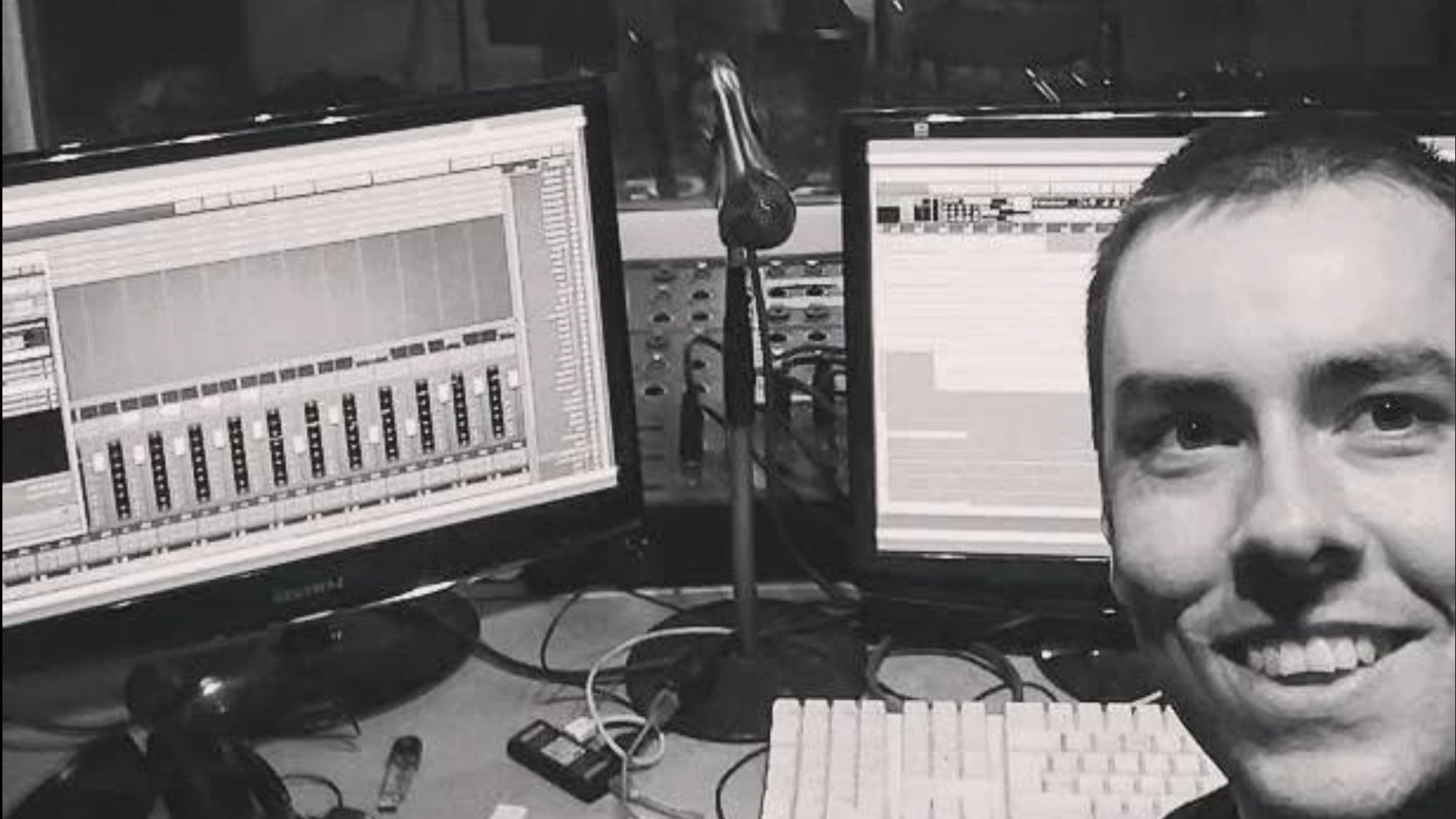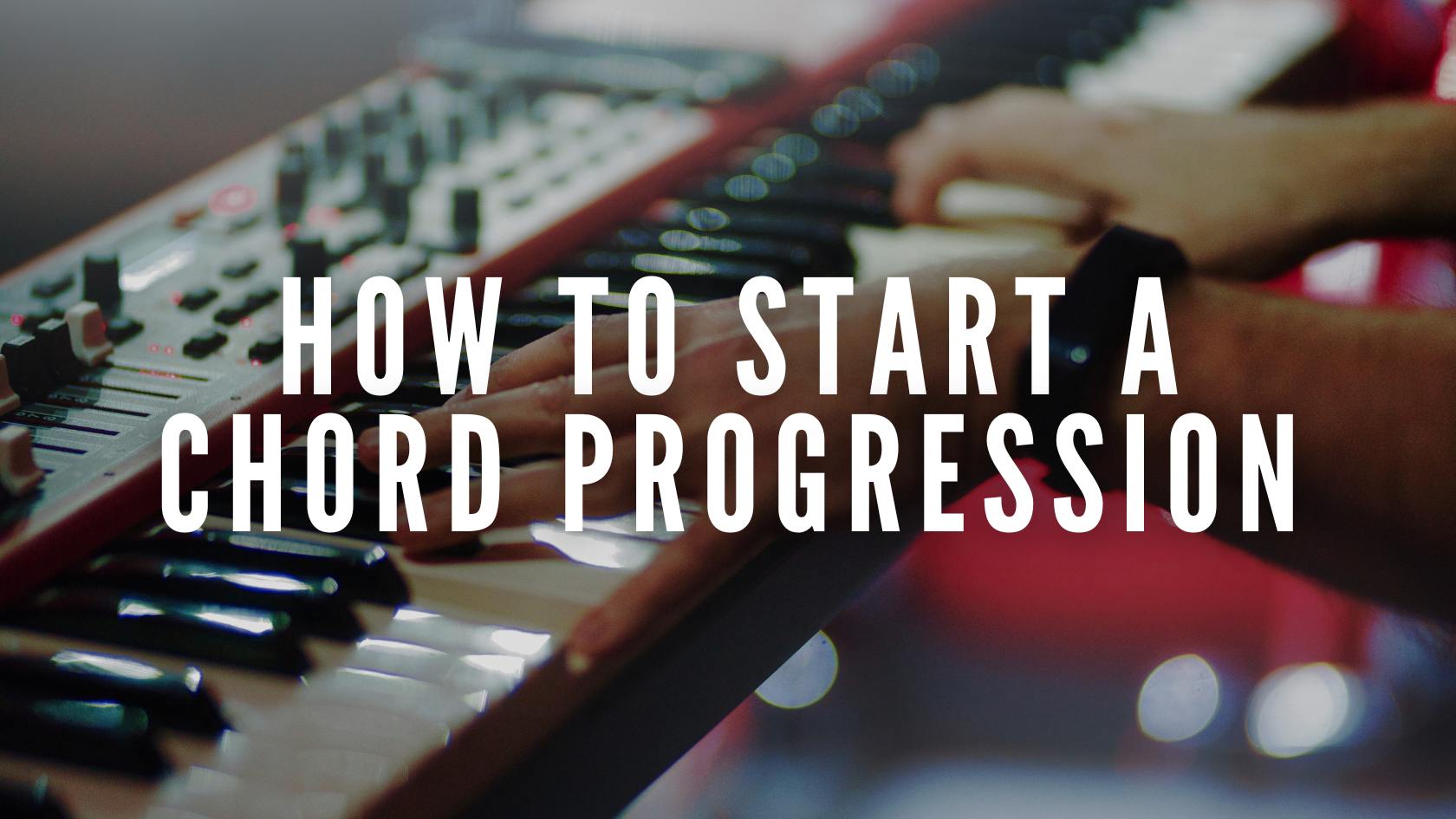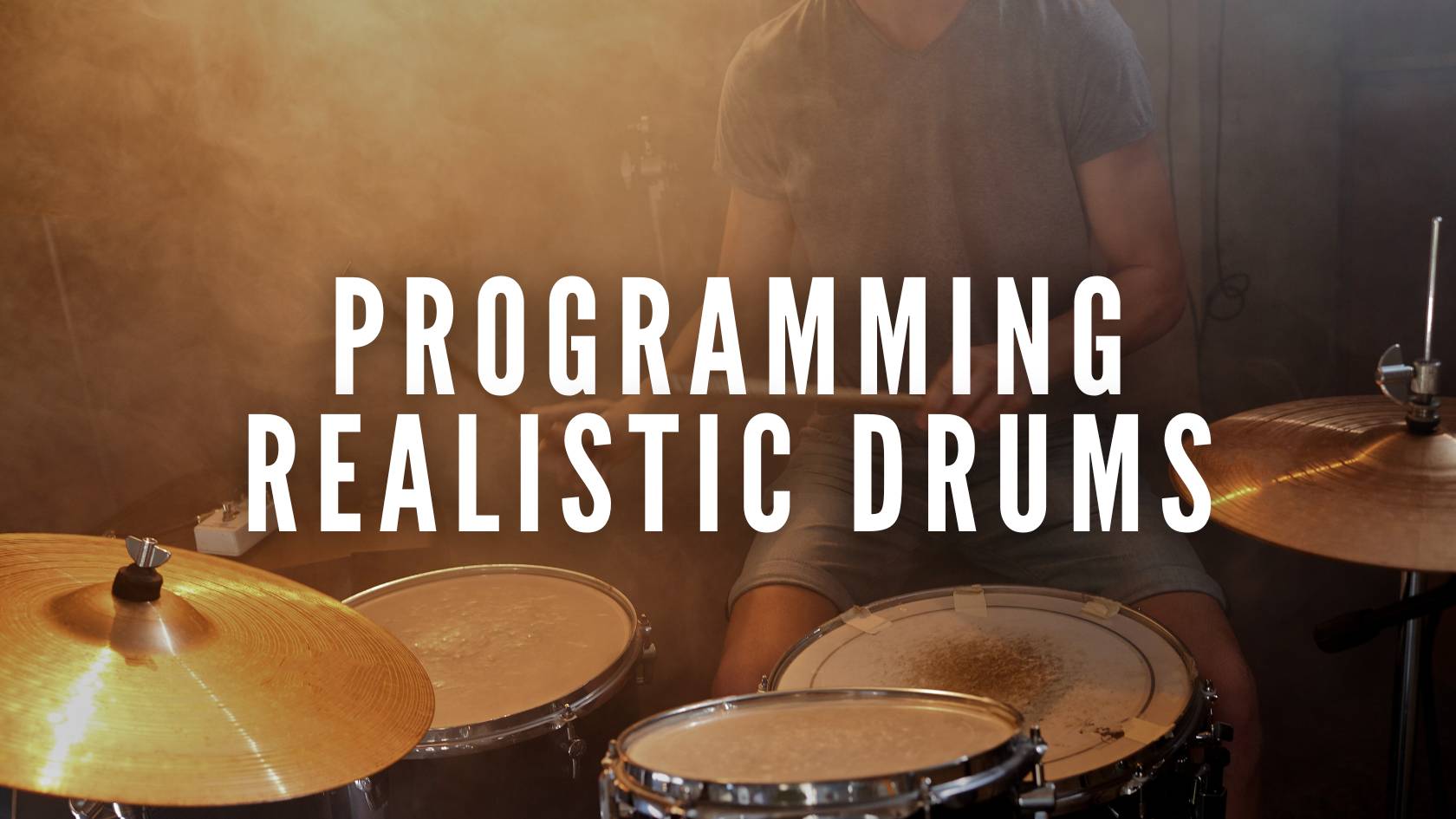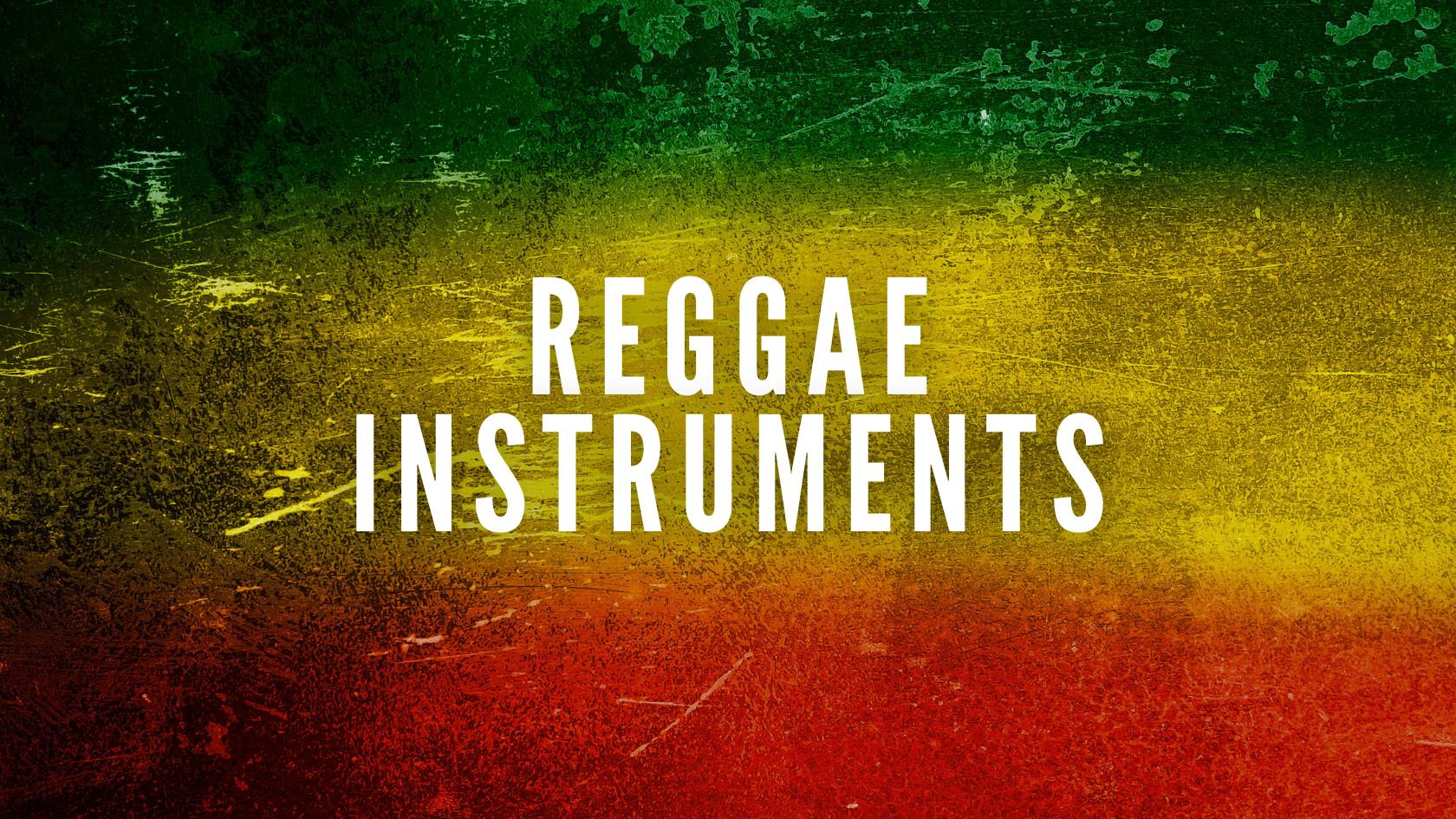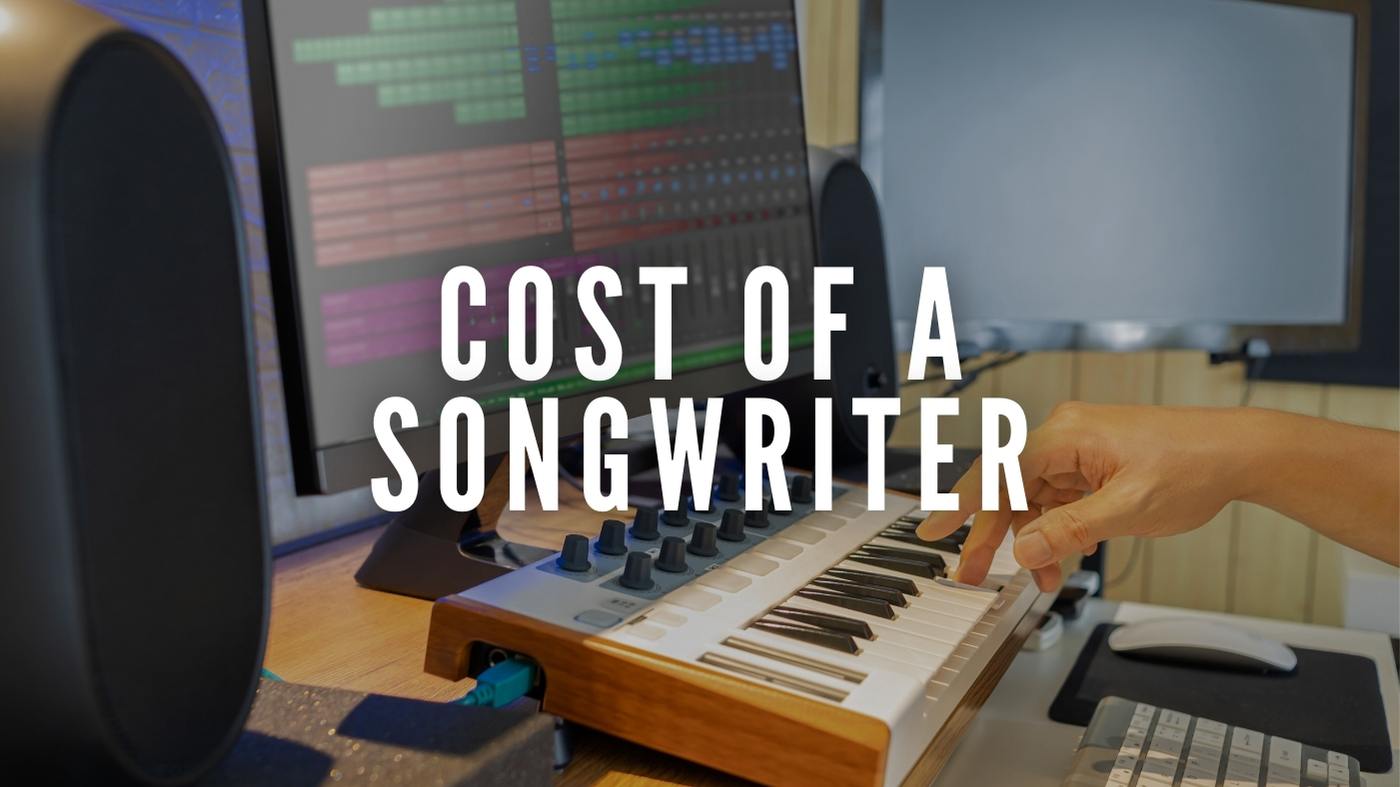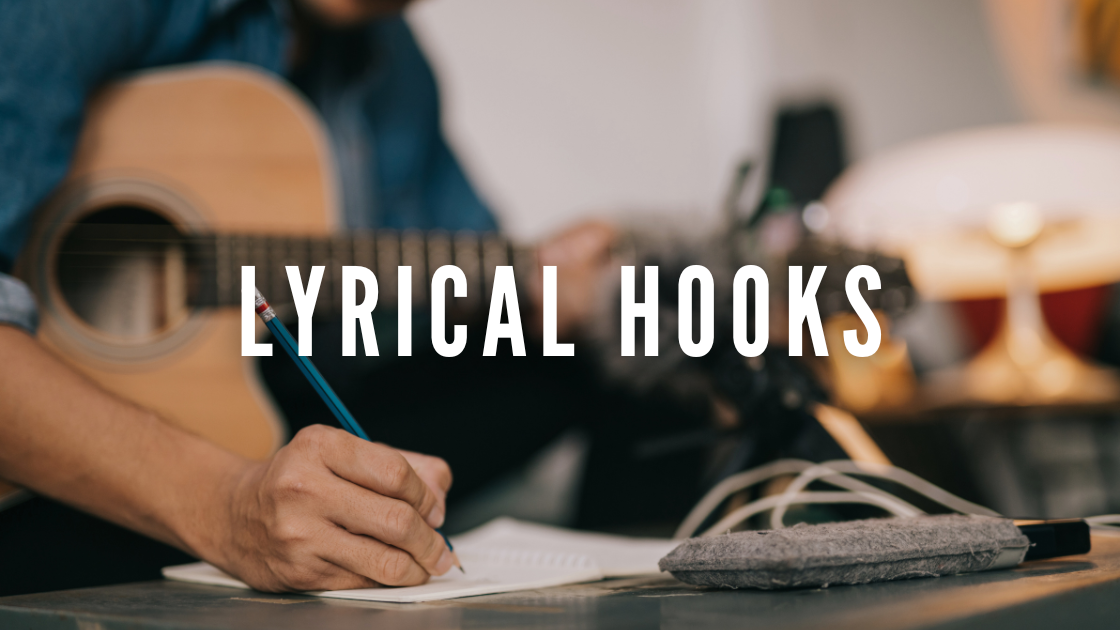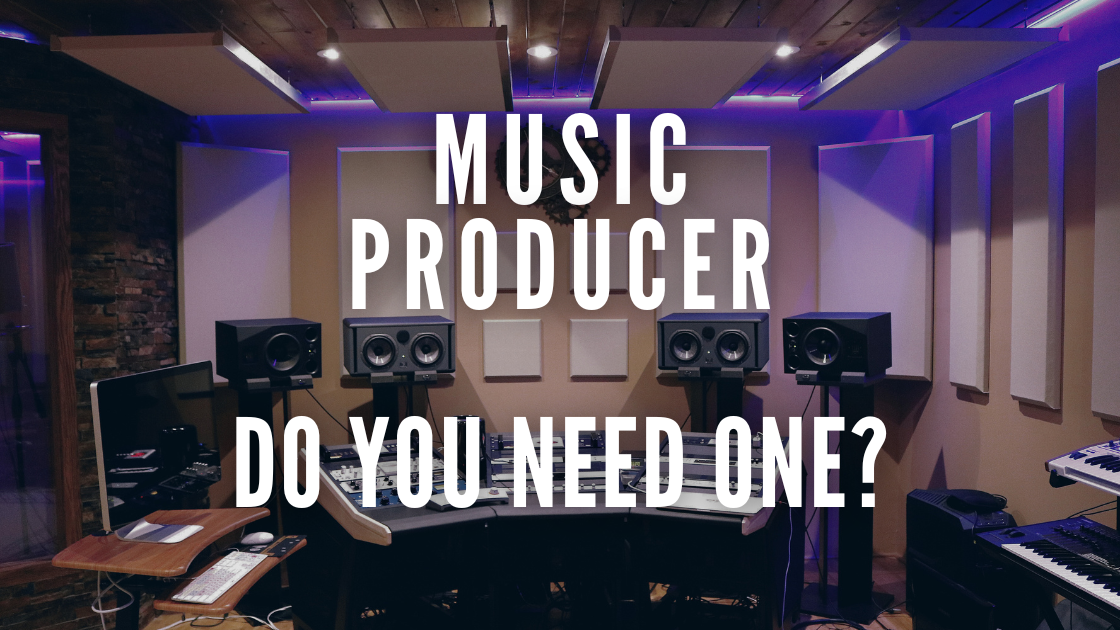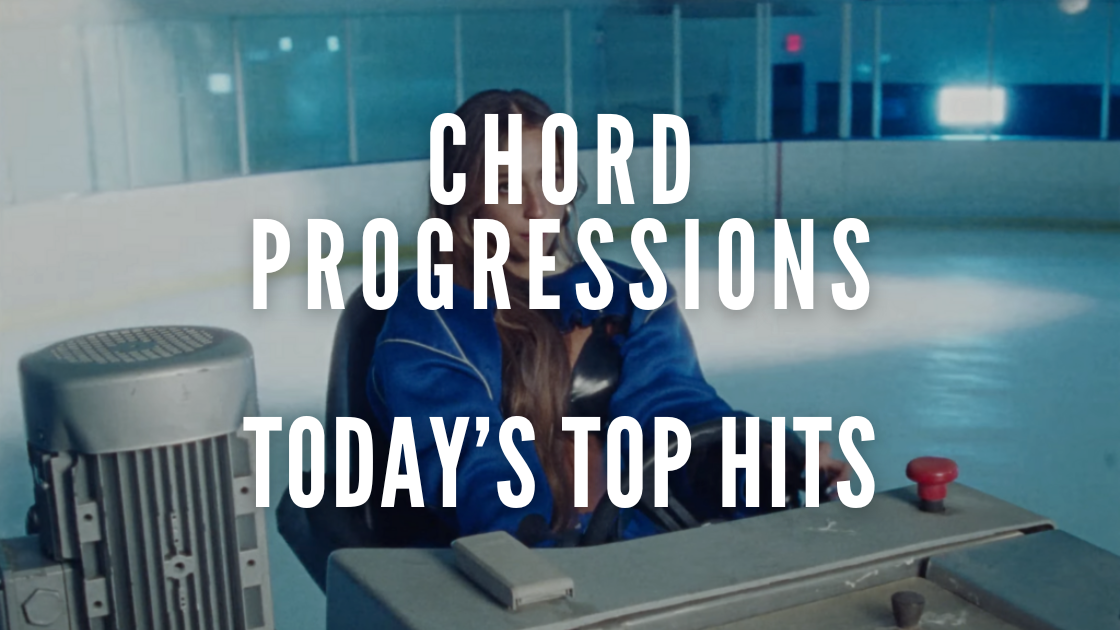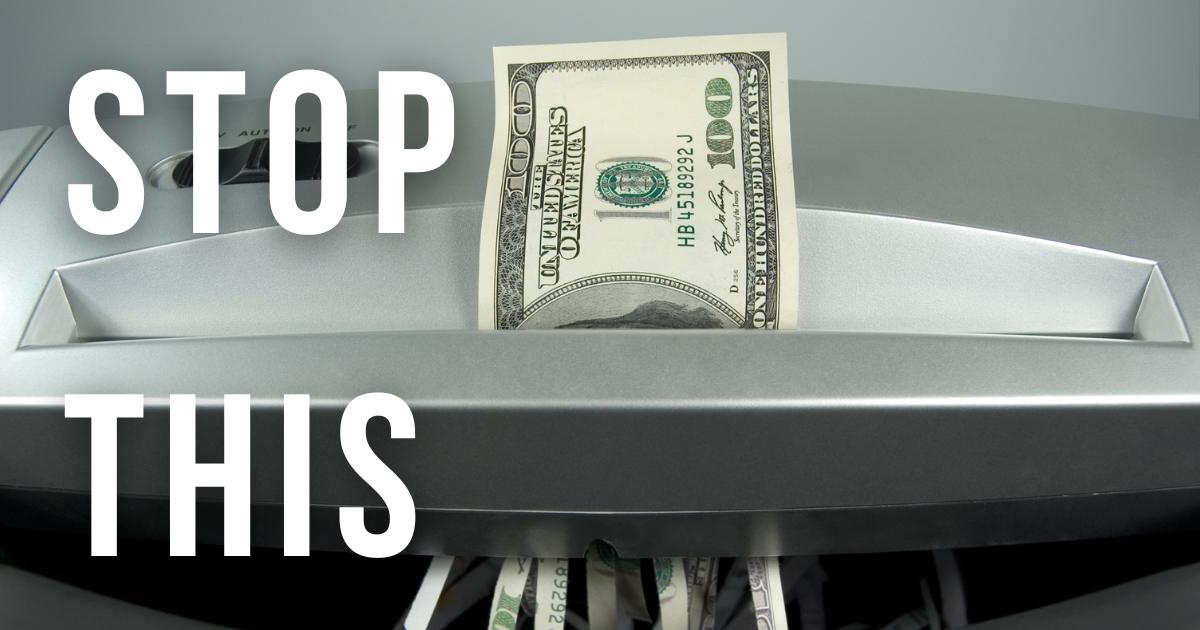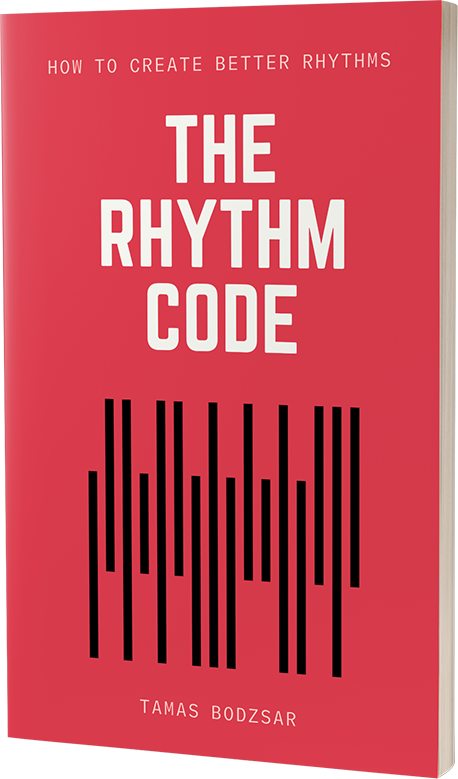Reggae music, a genre rich in history and culture, has transcended its Jamaican roots to become a global phenomenon. Emerging in the late 1960s, reggae is much more than just a musical style; it’s a cultural expression that reflects the struggles, hopes, and philosophies of its people.
The origins of reggae are deeply rooted in the earlier Jamaican genres of ska and rocksteady. Ska, characterized by a fast-paced rhythm and jazz influences, gradually mellowed into the slower, more soulful rocksteady. It was from this transformation that reggae was born, slowing the tempo further and emphasizing the bass and drum rhythms that have become synonymous with the genre. Reggae’s development coincided with significant cultural and social changes in Jamaica, making it a voice for the marginalized and a medium for social commentary.
What truly set reggae apart was its ability to resonate beyond its Caribbean origin. Its themes of resistance, spiritualism, and the everyday struggles of life found a universal audience. This global reach was significantly amplified by legendary artists like Bob Marley, whose poetic lyrics and charismatic performances introduced reggae to an international audience. Marley’s music, particularly, became a vehicle for spreading messages about peace, unity, and resistance against oppression.
Another notable artist, Wyclef Jean, expanded the influence of reggae by blending it with elements of hip-hop and R&B, showcasing the genre’s versatility and adaptability. Meanwhile, Jimmy Cliff, with his unique voice and compelling storytelling, helped bring reggae to the mainstream, especially through his starring role in the film “The Harder They Come,” which introduced many around the world to Jamaican music and culture.
Today, reggae’s influence can be seen across various music styles and cultures, illustrating its timeless appeal and the universality of its message. From influencing major artists and genres around the world to being recognized by UNESCO as an intangible cultural heritage of humanity, reggae continues to be a powerful force in global music culture.
The instruments used in reggae music play a pivotal role in creating its distinctive sound—a topic we will delve into with great detail as we explore the essence of this mesmerizing genre. Stay tuned as we uncover the sounds that define reggae and the musicians who have mastered them.
Continue Reading
